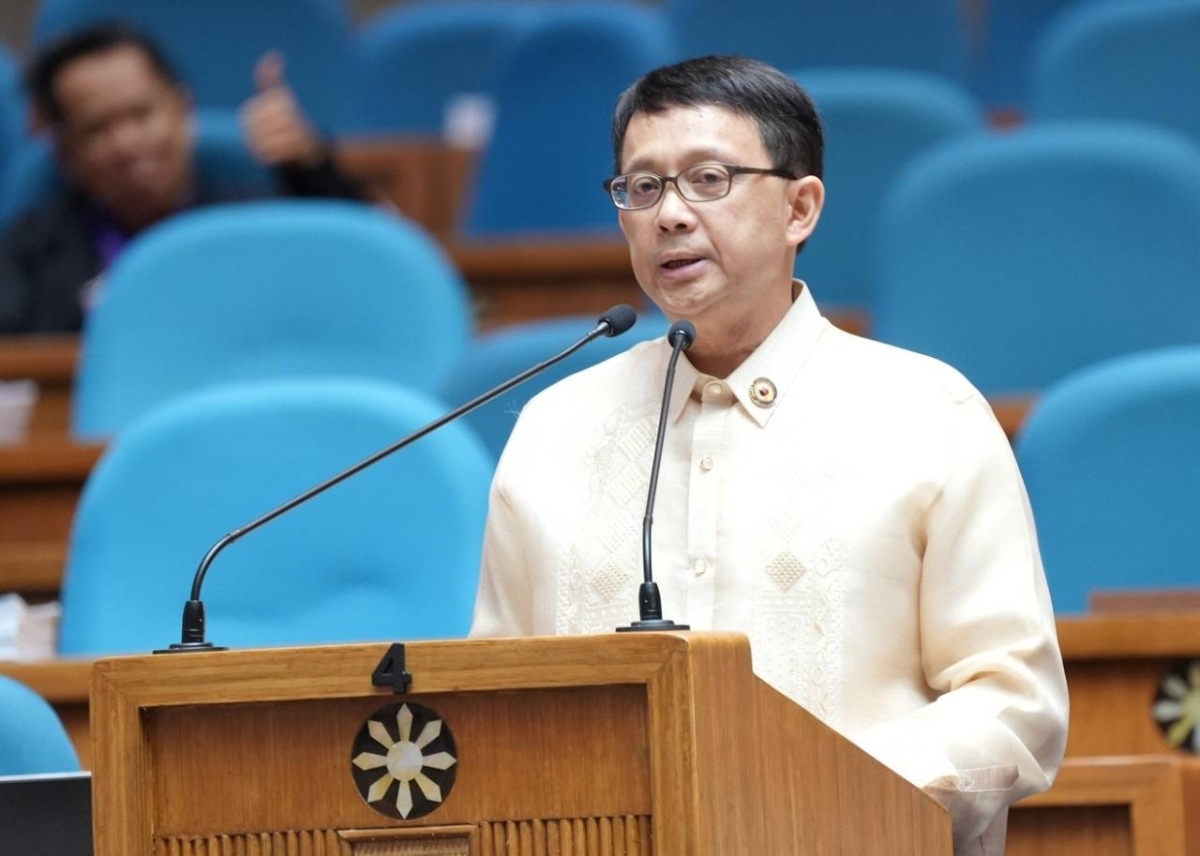A lawmaker has recently called for an audit of the Commission on Higher Education (CHEd) to investigate the allocation and utilization of the P10.3 billion earmarked for the free tuition and living allowances of underprivileged students enrolled in state universities and colleges (SUCs) and private higher educational institutions. Northern Samar Rep. Paul Daza made this call in response to complaints from the Association of Higher Education Institutions (AHEI) in Region 12 regarding the non-payment of student scholarships under the Unified Student Financial Assistance System for Tertiary Education (UniFAST). The UniFAST program aims to ensure that all eligible Filipinos have access to adequate and equitable education.
The P10.3 billion is part of the Higher Education Development Fund (HEDF) allocated to CHEd, which is derived from the earnings of the Philippine Amusement and Gaming Corp. (Pagcor), the Professional Regulation Commission (PRC), and travel taxes. Rep. Daza emphasized that these funds are earmarked by law and must be used solely for their specified purpose. If left unused, the funds would remain idle at the National Treasury.
In addition to the audit, Rep. Daza called on President Ferdinand Marcos Jr. to initiate a review of CHEd’s performance in terms of education standards, enrollment and graduation rates, and dropout rates. Expressing his disappointment with CHEd, Rep. Daza highlighted the reported dropout rate of 30 to 40 percent annually. He suggested that there might be a hidden agenda behind the underutilization of the allocated funds, which should be thoroughly reviewed and investigated by the Commission on Audit and Malacañang.
Despite attempts to obtain a comment from CHEd, The Manila Times was unsuccessful in reaching them for a response. Under the UniFAST program, scholars are entitled to receive P30,000 per semester for tuition and living allowances. CHEd is responsible for remitting the funding to the SUCs, local universities and colleges, or private HEIs.
Agapito Lubaton, the president of AHEI and CEO of Marvelous College in Koronadal City, revealed that CHEd’s total unpaid dues for the school year 2021-2023 amount to P2.1 billion. AHEI also expressed concerns about recent changes in guidelines that resulted in fewer scholars qualifying for the school year 2022-2023. This situation has caused difficulties for many schools, as students continue to attend without paying their school fees while waiting for payment. Lubaton shared that out of 1,800 aspiring grantees in his school, only 36 qualified as scholars due to the new guidelines.
During a hearing conducted by the House Committee on Appropriations and the Committee on Higher and Technical Education last year, CHEd Chairman Prospero de Vera 3rd stated that they had no funds to pay schools. However, on August 14, 2023, Rep. Mark Go directed CHEd to settle all its scholarship debts to students and instructed the institution to utilize the P10.3 billion fund specifically allocated for this purpose. CHEd was given a week to comply with this directive from the date of the hearing in August 2023. The Department of Budget and Management was also urged to take immediate action.
As of September 22, 2023, CHEd made a partial payment covering one-third of the tuition fees but has yet to provide the allowances to the students.
It is crucial to ensure that the allocated funds for student scholarships are utilized appropriately and efficiently. The call for an audit and review of CHEd’s performance reflects the commitment to uphold education standards and provide equal opportunities for all eligible students. The resolution of the issues surrounding unpaid dues and changes in guidelines will help alleviate the challenges faced by educational institutions and aspiring scholars.
Source: The Manila Times







